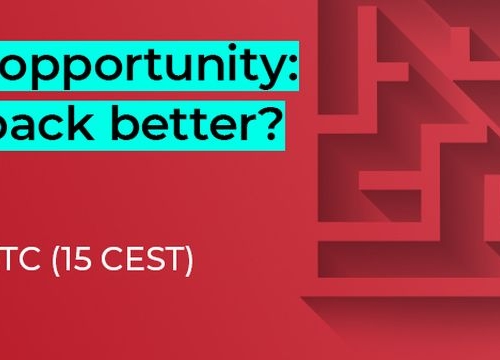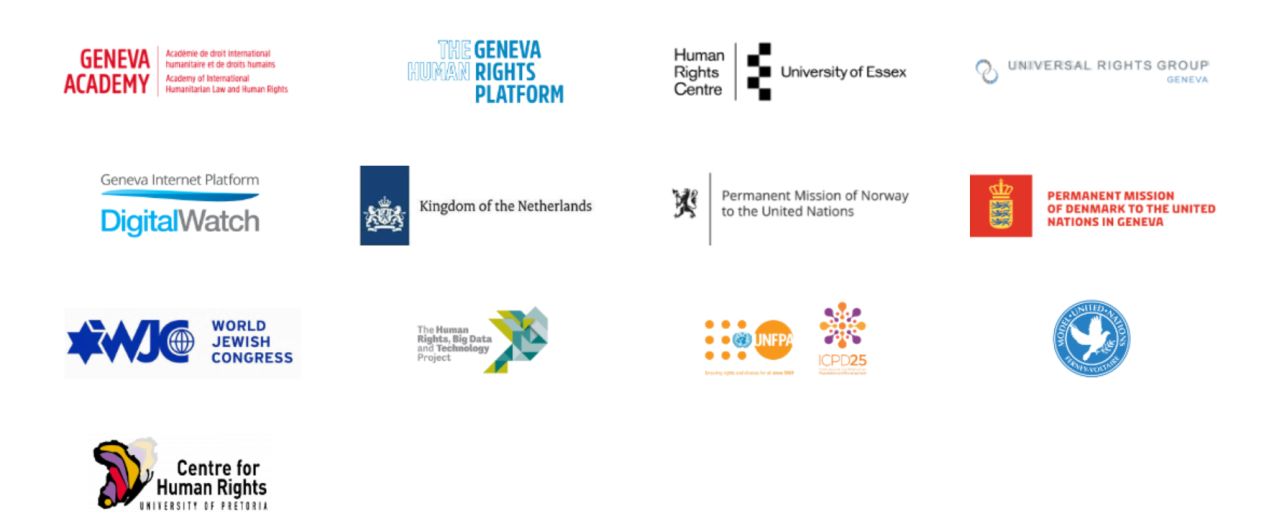From Crisis to Opportunity: How to Build Back Better?
Right On


Diplo Foundation
As the international community begins planning for a post-pandemic recovery, more and more emphasis is placed on the urgent need to ‘build back better’ and draw lessons from the Covid-19 crisis to help build a more just, equitable, greener and more peaceful world. This message of hope and opportunity has been echoed by the United Nations (UN) Secretary-General Antonio Guterres who urged the member states to ‘turn the recovery into a real opportunity to do things right for the future.’
But what does this mean in practice? Can we take advantage of this window of opportunity to change the old ways? What is the interplay between social, economic, environmental and other reforms that need to be considered by state recovery strategies from the outset?
To find some of the answers to these questions, join us for the sixth Right On web chat!
Moderator
- Marc Limon, Executive Director, URG
Panelists
- David R. Boyd, UN Special Rapporteur on human rights and the environment and Associate Professor of Law, Policy, and Sustainability, University of British Columbia
- Elizabeth O’Casey, Director of Advocacy, Humanists International’s Delegation to the UN in Geneva
Registration
To join the discussion, you need to register here.
‘Right On’: The Wednesday Web Chat
‘Right On’ is a new digital initiative – co-organized by the Geneva Academy, the Geneva Human Rights Platform, the Geneva Internet Platform, the DiploFoundation, the Universal Right Group, the Human Rights Centre at the University of Essex, as well as the Permanent Missions of Denmark, Norway and the Netherlands to the United Nations in Geneva – that will keep the human rights dialogue going during these COVID-19 times.
Every Wednesday at 15:00, experts and practitioners will discuss key human rights issues related to the current health crisis.
Video
Right On: From Crisis to Opportunity: How to Build Back Better?
In this online event of the ‘Right On’ digital initiative, panelists discussed the post-pandemic recovery and how to draw lessons from the Covid-19 crisis to help build a more just, equitable, greener and more peaceful world.












